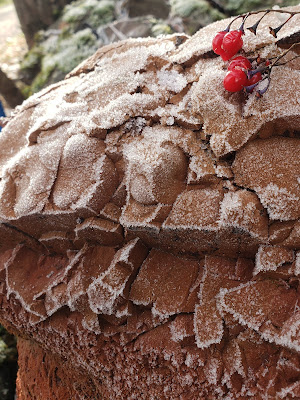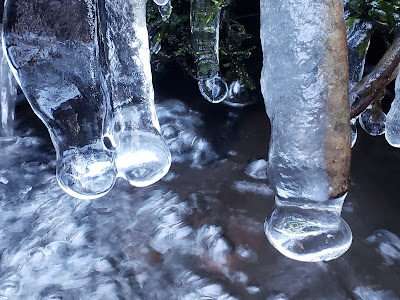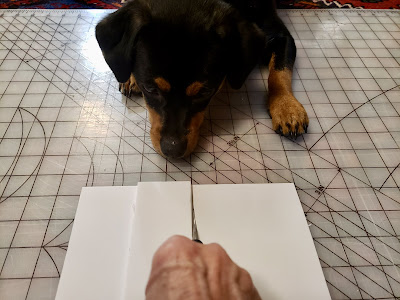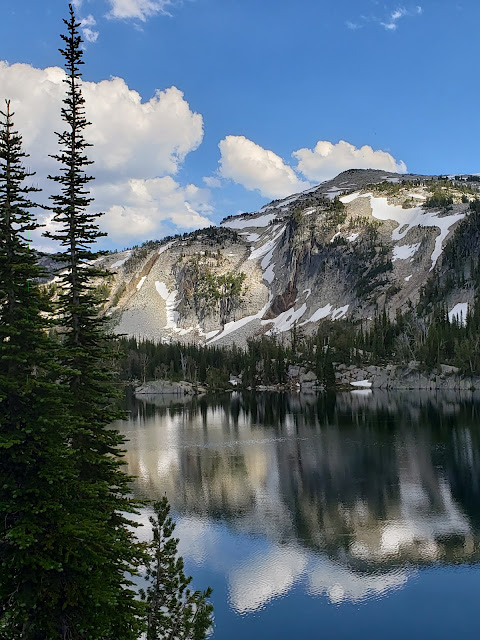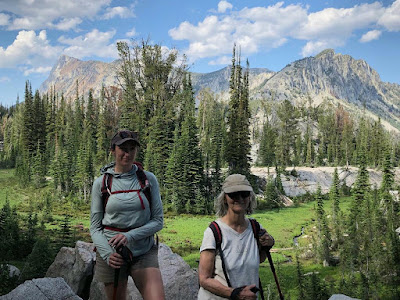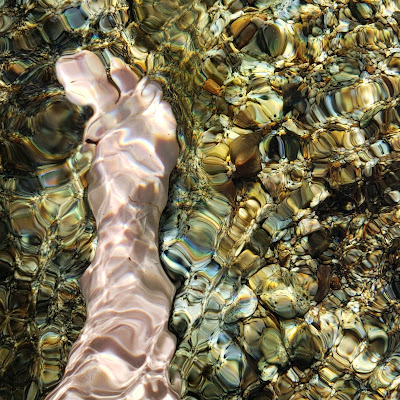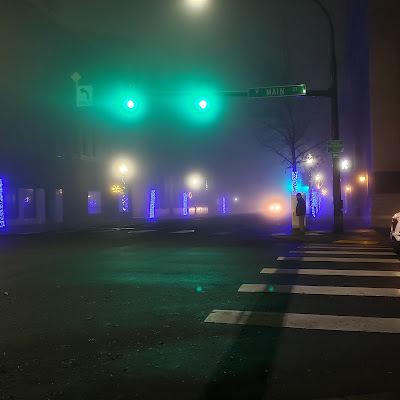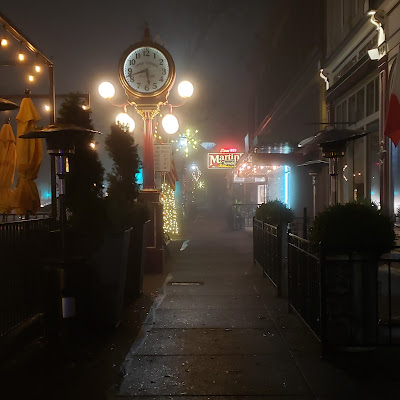My dad was already legally blind when he stepped down into the small boat that squeaked and banged as it nudged a dock in Nanaimo, Canada. In his peripheral vision—the only vision remaining after the most recent stroke—the horizon must have bobbled, tilting disconcertingly into the slate sky before dipping like a roller coaster into the choppy water. Cocking his head to the side, my father found his footing on a cross bench before stepping down to the fish-slick, water-splashed hull floor. Being more experienced than either the kid or me, my father took the stern seat and rested his hand on the motor’s control lever to steady himself as the boat rocked when the kid and I boarded behind him. From under the brim of his fishing hat, he smiled at his small accomplishment or maybe for the adventure to come.
Across the dock four guys (among them the kid’s dad and the kid’s uncle along with a couple of his uncle’s friends) carelessly jostled each other as they boarded their manly bulks into a similar small skiff. Exuding confidence and casting superior and pitying glances our way, they were already blustering strategies to each other on how to catch their limit of salmon. As they pulled away in a hurry to use every minute of their boat rental time, one of them shouted a flippant encouragement our way as if doubting a blind man, a boy, and a woman would manage to even steer clear of the dock.
Among my earliest and dearest memories of my dad, I faced him in a rowboat on a lake on Grand Mesa, Colorado—near where his ashes now nurture a grove of pines. Rain dappled the surface of the lake and sent ever-expanding ringlets off to kiss the shoreline, a smack smack of gentle kisses. My dad said, "Fishing in the rain is best. Fish think the raindrops are insects hitting the surface. They jump to catch them." I watched with my child-eyes-a-wonder as shimmery mermaid-like trout leapt from the water around us, gently slapping the surface with a farewell wave upon each re-entry. I felt like my dad had imparted to me a trout’s secret, fish lore of the most basic and useful kind.
 |
Me Shore Fishing on Grand Mesa
|
My family never owned a boat. Rarely boated. Knew no friends with boats. My dad usually shore fished. In fact after he died, his fishing buddy mentioned that there was a package of recently shore-caught fish from a lake on Grand Mesa in dad’s freezer. At the lawyer’s office, where my sister and I went to hear the will read, we were inspired by a Japanese fish print hanging on the wall and were excited about having dad’s trout ink-printed on elegant paper and then water colored as a memorial to his love of fishing. Back home I yanked open the freezer door, pulled out the package of trout, and laid it in its wrapper on the counter. But—so like my dad, thorough as always—he had cleaned the trout and cut off their heads before freezing them. Printed, their image would be too macabre to grace a dining room wall, so my sister and I decided to forego the effort.
Back on the waters of the Strait of Georgia, I don’t recall how many hours our little crew of the disabled, the young, and the woman fished, but it wasn’t long before we caught the first salmon. With a large net the kid lifted it into the boat and we were all elated. The second salmon snared a hook shortly afterwards.
The three of us hadn’t planned this trip. The guys had. They had reserved the ferry crossings, the overnight accommodations, and the boats with their accompanying fishing equipment. There had been no prior discussion about who would ride in what boat. Not to my knowledge. The next salmon my dad, the kid, and I caught evened the tally–one each.
In the turning of our boat, we sometimes caught sight of the guys, the serious fishermen, off some distance from us, sitting solidly in their little rocking boat, too far away to ask about the salmon they were catching.
Our catch box filled nicely, salmon being so much larger than trout. The top fishes would look up at us with their round and lidless eyes, gracing us with puzzled stares and gaping mouths. Their silent protests were slightly unnerving, but not enough to dampen our delight. As the salmon piled up, our grins widened.
We docked a few minutes before the guys. I jumped out and wrapped the ropes around the cleats. As carefully as he had entered the boat, my dad shut off the motor and climbed out to the safety of the dock. The guys approached, averting their eyes, busy as they gathered their gear. Finally one of them, reading our faces, queried, “Salmon?”
In back of me I heard a familiar little whistle and the snap of fingers before my dad said, “Caught a load! Eight!” His cheer and excitement floated in the breeze across the dock and infected the guys who smiled at his joy.
“And you, guys?” my dad said.
After a pause of sideways glances, one of them said, “Ummm, none. Yeah, none.”
Graciously, the men helped us unload our catch and laid it out by the fishing hut for photos. The fishery would process the salmon and can it in jam-sized jars to be retrieved the next morning. Later, when my dad and I boarded a train in Pendleton heading to where my dad now lived, Grand Junction, Colorado, his suitcase was filled with t-shirt-buffered jars, each pasted with a label we had designed for him. The illustration on the label was a neatly drawn salmon and was printed with “Caught by Ed Templeton.” Actually, the labels should have read, “Caught by One Blind Man, One Boy, and One Woman Privy to the Secrets of Fish.”





